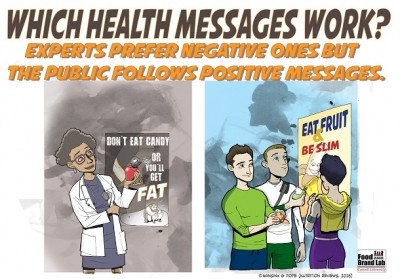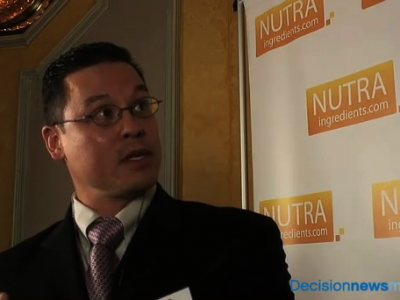Better FDA guidance needed to avoid ‘misleading’ health claims
A new report from the GAO said that the Food and Drug Administration (FDA) needs to be clearer about the scientific evidence required of companies to make structure/function health claims, referring to claims that a food has a certain effect on the structure or function of the body. Such claims take the form of linking a nutrient, such as calcium for example, with a function such as ‘building strong bones’, and companies are permitted to make such claims as long as they are not false or misleading.
However, the GAO noted that the FDA currently does not provide guidance on how companies can prevent misleading consumers with structure/function claims, and even if it were to provide such guidance, it cannot order companies to provide it with the evidence they use to substantiate their health claims. The organization called this lack of authority “a serious oversight dilemma for the agency”.
The GAO gave three recommendations in its report: The FDA should ask Congress for the authority to access companies' evidence for potentially false or misleading structure/function claims on food; it should provide guidance to industry on the evidence it needs to support such claims; and it should provide direction to FDA inspectors to help identify claims for further review.
The FDA said it generally agreed with the first two recommendations, but said it considered the third to be impractical.
The Center for Science in the Public Interest (CSPI) also agreed that the FDA should have better access to companies’ supporting scientific information for health claims.
“If a company wants to claim a food will ‘maintain healthy joints’ or ‘support healthy eyes,’ the FDA should at least be able to see the company’s evidence for that, and if there is weak evidence the claim should not be allowed,” said CSPI senior regulatory counsel Ilene Ringel Heller. “Claims that a sugary drink, a yogurt, or a cereal provides ‘immunity’ to some unspecified disease would not and should not survive that kind of scrutiny.”
The GAO report added: “Research showed, and stakeholders indicated, that consumers find it difficult to understand the differences between health claims with significant scientific agreement and the lower level of scientific support for qualified health claims. Research also showed that consumers find it difficult to distinguish among the many different types of claims on food labels, including health claims, qualified health claims, and structure/function claims.”
The full report can be accessed online here.







